I’ve always been fascinated by the mystery behind our choices — why we hit snooze instead of going for a walk, why we reach for comfort food even when we know better, and why some people seem to have the willpower to make healthier decisions with ease. This week on HLTH Forward, I had the absolute privilege of diving deep into those questions with Dr. Michael Platt, a renowned neuroscientist who’s reshaping how we understand decision-making and the human brain.
Dr. Platt holds joint appointments in neuroscience, psychology, and marketing at the University of Pennsylvania and leads the Wharton Neuroscience Initiative. His work isn’t just academic — it’s deeply human, grounded in the belief that understanding how our brains work can help us live healthier, more connected, and more intentional lives.
We talked about what really goes on inside our brains when we face health choices — whether it's picking between a salad or fast food, deciding to work out or stay on the couch, or even choosing to trust a physician. Dr. Platt broke down how our brains weigh risks and rewards, and how subtle shifts in awareness and intention can lead to profound changes in behavior.
Some of my favorite insights:
- A decision is a decision is a decision. Whether it’s about health, love, or leadership — the same brain circuits are at play.
- Intentionality is key. Slowing down gives your brain time to override impulsive behaviors and choose long-term rewards.
- Trust matters. The people and environments around us dramatically shape our health decisions.
- Habit > willpower. Make good decisions easier by reducing friction and turning them into routines.
- Healthier brains make healthier lives. Dr. Platt’s three keys? Move your body, connect with others, and keep your mind active.
He also shared the story behind his neuroscience startup, Cogwear, which is bringing clinical-grade brain data to the real world — helping individuals, teams, and even couples better understand how they think, feel, and connect.
What I loved most about this conversation was how practical it was. Dr. Platt doesn’t just study the brain — he gives us tools to work with it. If you’ve ever felt stuck in unhealthy patterns or wondered why you know better but don’t do better, this episode is for you.
About
Michael L. Platt is a neuroscientist, psychologist, and anthropologist whose work focuses on what makes us human. His mission is to use these insights to help us achieve our best selves—at work, at home, and in the community. His principal questions focus on the biological mechanisms that underlie decision-making in social environments, the grasp of which has broad-scale implications for improving human performance, mental health, and wellbeing in societies worldwide.
He is the James S. Riepe University Professor at the University of Pennsylvania, with appointments in the Perelman School of Medicine, the School of Arts & Sciences, and the Wharton School. Platt works at the intersection of economics, psychology, and neuroscience.
As the Director of the Wharton Neuroscience Initiative, Platt leads efforts to connect brain science and business. He is also the founder of Cogwear, a neurotechnology company developing wearable devices that provide clinical-grade cognitive feedback.
Platt has authored over 170 peer-reviewed papers and over 60 review and opinion papers. His work has been supported by the National Institutes of Health, the Klingenstein Foundation, the McDonnell Foundation, and the Department of Defense, among others. He has been featured in the New York Times, Washington Post, Wall Street Journal, Newsweek, the Guardian, and National Geographic, as well as on ABC’s Goo
Support the show
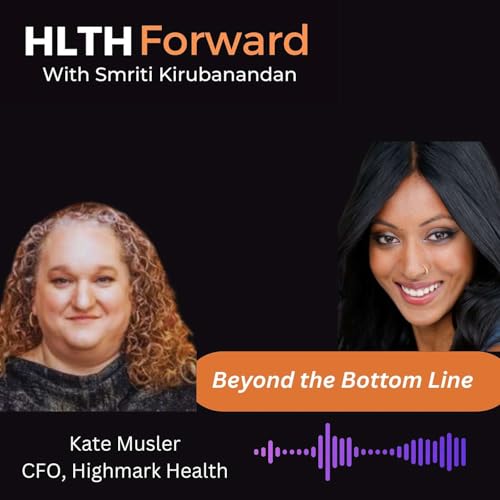 48 分
48 分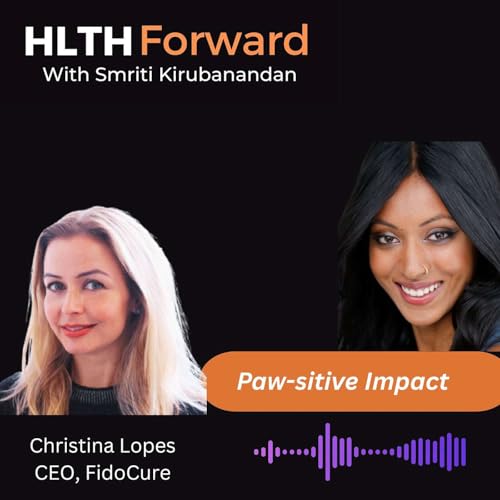 1 時間 42 分
1 時間 42 分 37 分
37 分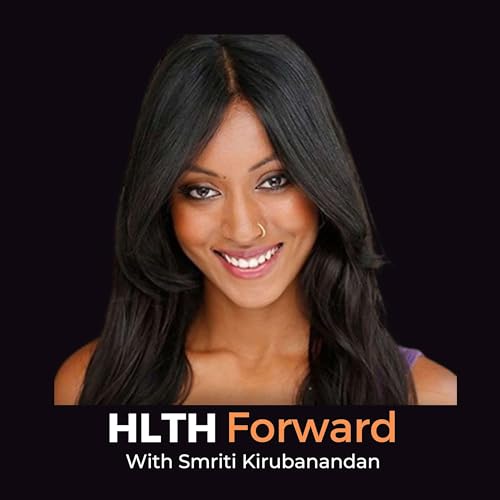 49 分
49 分 2 時間 5 分
2 時間 5 分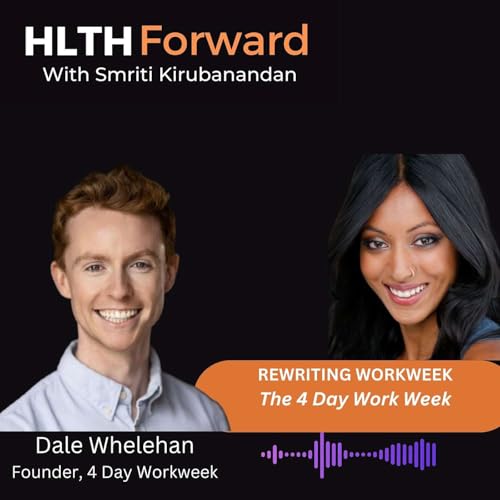 1 時間 6 分
1 時間 6 分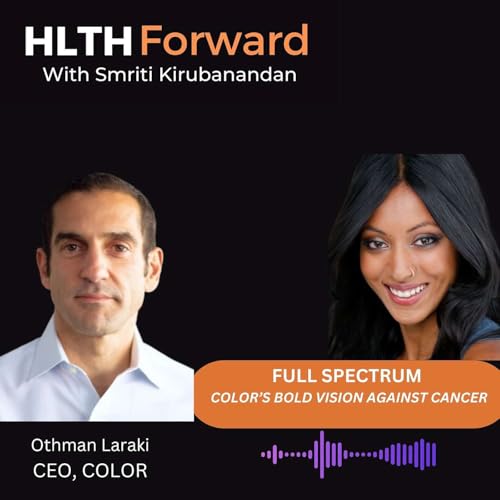 48 分
48 分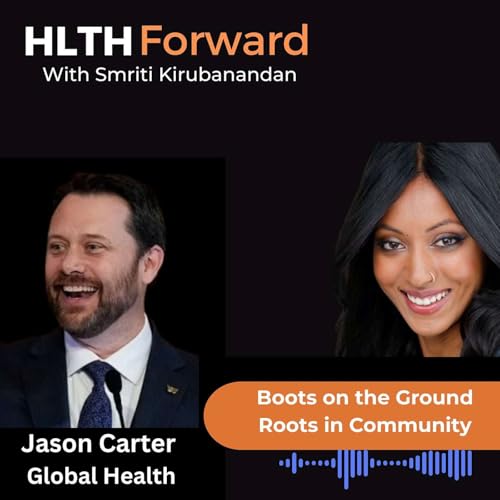 30 分
30 分

